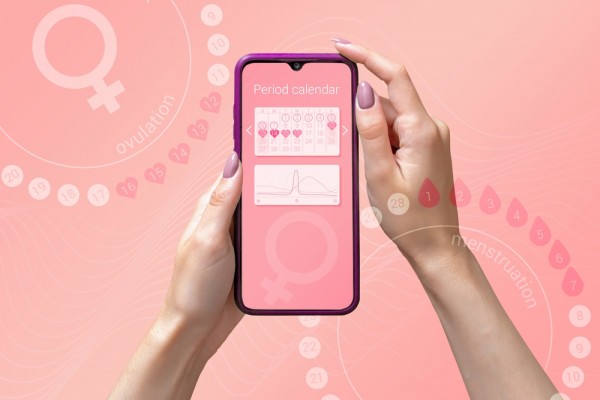A new study from the Journal of Internet Medical Research has uncovered that many popular period and fertility tracking apps for women may not be following the General Data Protection Regulation. Researchers looked at the 23 of the most popular women's health apps and found that many "have poor data privacy, sharing, and security standards." All of the apps tested allowed behavioural tracking, while 61% allowed location tracking.
This topic has been highlighted previously by Privacy International, which posted results of a review of five menstruation applications in 2020 that it claimed were unnecessarily storing users' intimate personal information. And again, more recently, in March this year, PI posted an article about the data risks digital health apps pose to female users. The article highlights issues related to where users knowingly and unknowingly provide information to apps, which is then used in ways the user would not think about or expect.

What is this page?
You are reading a summary article on the Privacy Newsfeed, a free resource for DPOs and other professionals with privacy or data protection responsibilities helping them stay informed of industry news all in one place. The information here is a brief snippet relating to a single piece of original content or several articles about a common topic or thread. The main contributor is listed in the top left-hand corner, just beneath the article title.
The Privacy Newsfeed monitors over 300 global publications, of which more than 5,750 summary articles have been posted to the online archive dating back to the beginning of 2020. A weekly roundup is available by email every Friday.
